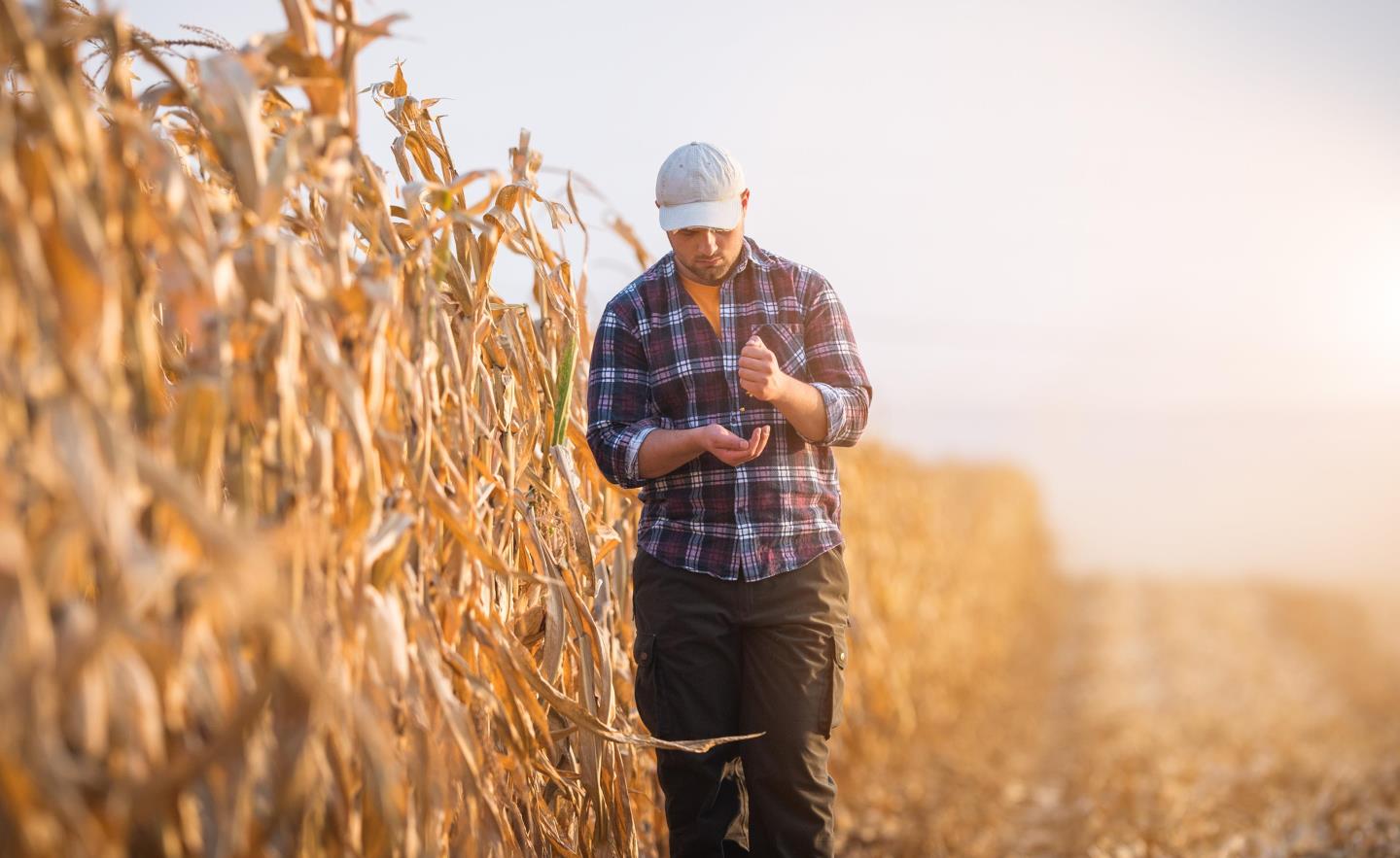Have you ever considered that young farmers are some of the most vulnerable people when it comes to poor mental health?
They are exposed to a wide range of pressures and strains which are frequently overlooked.
Chloe, a young farmer who breeds sheep in the North of Scotland, says she believes farm workers her age can struggle with how different their lives are from those of their peers.
Young farmers have a lot of responsibility from an early age
“We often end up taking on huge responsibilities very suddenly, and that can be quite different to other young people,” Chloe explains.
Often, she adds, young people working on farms will be helping their parents, from whom they want to remove excess pressure as soon as they can.
And while this may be beneficial to their family and livelihood, it can leave youngsters feeling isolated from their friends, with whom they are unable to socialise, and drained from a heavy workload.
The stoic stereotype associated with farmers, however, and the fear of burdening others with their problems, mean that many young people in the agriculture sector find it difficult to reach out.

How mental health charities can help young farmers
This year, the Aberdeen branch of Samaritans has been reaching out to members (of all ages) of the farming community, urging them to talk to someone if they are feeling overwhelmed.
Branch member and deputy regional director for Scotland, Elaine Mottram, explains: “It is easy to think that everyone is experiencing what you are experiencing and you just haven’t yet learnt how to cope.
“But the fact is that everyone – even those who pride themselves on being fit, strong and capable – needs support sometimes.
“There are many ways to seek help – and certain things you can try for yourself.”
Ways to help young farmers’ mental health
Elaine points out that taking small breaks throughout the day – even just to appreciate a view or listen to the sounds around you – can make a difference. Giving your brain and body a short rest in this way can reduce stress levels and even improve sleep.
Likewise, finding some time to escape from your place of work – even just for a walk – can be extremely beneficial.
If you have a problem, admitting it to yourself can be the first step and certainly doesn’t indicate weakness.
For a non-judgemental, confidential conversation, call the Samaritans free on 116 123 or email jo@samaritans.org.
The Samaritans also have an app which you can download to your phone, providing self-help tips. Find out more on the Samaritans wesbite.
